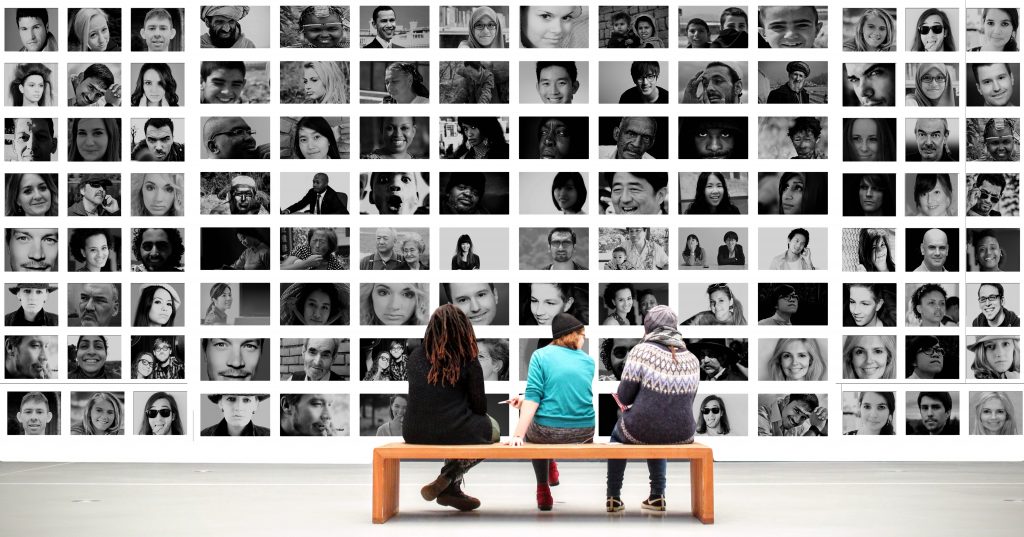
My research interests lie in two areas. I am interested in stereotyping, prejudice, and stigma across the adult lifespan. I investigate issues from both the perceiver’s and the target’s perspective. I am also interested in examining cognitive processes such as memory and attention within a social context.
Stereotyping, prejudice, and stigma
Examining the perceiver’s perspective
How do perceivers form impressions of people who are not easily categorized into a single social group? We all belong to multiple social groups (e.g., race, gender, or age groups), yet much of the research on impression formation has focused on impressions based on only one of a person’s group memberships. My lab is examining how the complex interplay of people’s multiple group identities and their associated stereotypes influence impression formation. We have found evidence that perceivers’ impressions are affected when stereotypes associated with one group identity (e.g., race) conflict with stereotypes associated with another group identity (e.g., age). Moreover, we have found that these altered impressions occur when both group memberships are obvious (e.g., race and age) as well as when they are not (e.g., race and sexual orientation). We are also investigating how perceivers form impressions of people whose social identities are ambiguous, such as multiracial people. We have found that perceivers find it more difficult to evaluate multiracial individuals and that they attempt to rely on contextual cues to help them form impressions.
Examining the target’s perspective
How do stereotypes and prejudice affect stigmatized individuals? My students and I investigate these experiences in a variety of groups, such as older adults and their experiences of ageism and stereotype threat. We also examine the stigma experiences of people who do not easily fit into common social categories (e.g., race). In the case of multiracial people, we have found that their stigma experiences differ from monoracial people, who are easily categorized into a single racial group. Because multiracial people encounter confusion about their racial background, they value others’ accuracy about their race more than do monoracial people. We have found this greater need for self-verification regarding racial background influences multiracial people’s feelings about upcoming interactions, such that they are more interested in interacting with an accurate than a confused partner.
Examining Cognition in a Social Context
How do social factors such as beliefs, stereotypes, and cultural metaphors influence people’s cognitive function? We have been investigating this question through some different lines of research. In one project, my colleagues and I have found that older adults’ implicit theories about their ability to influence how
Research Funded By:



